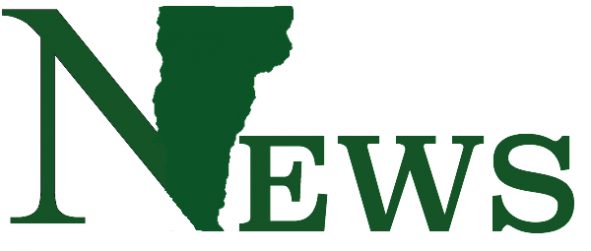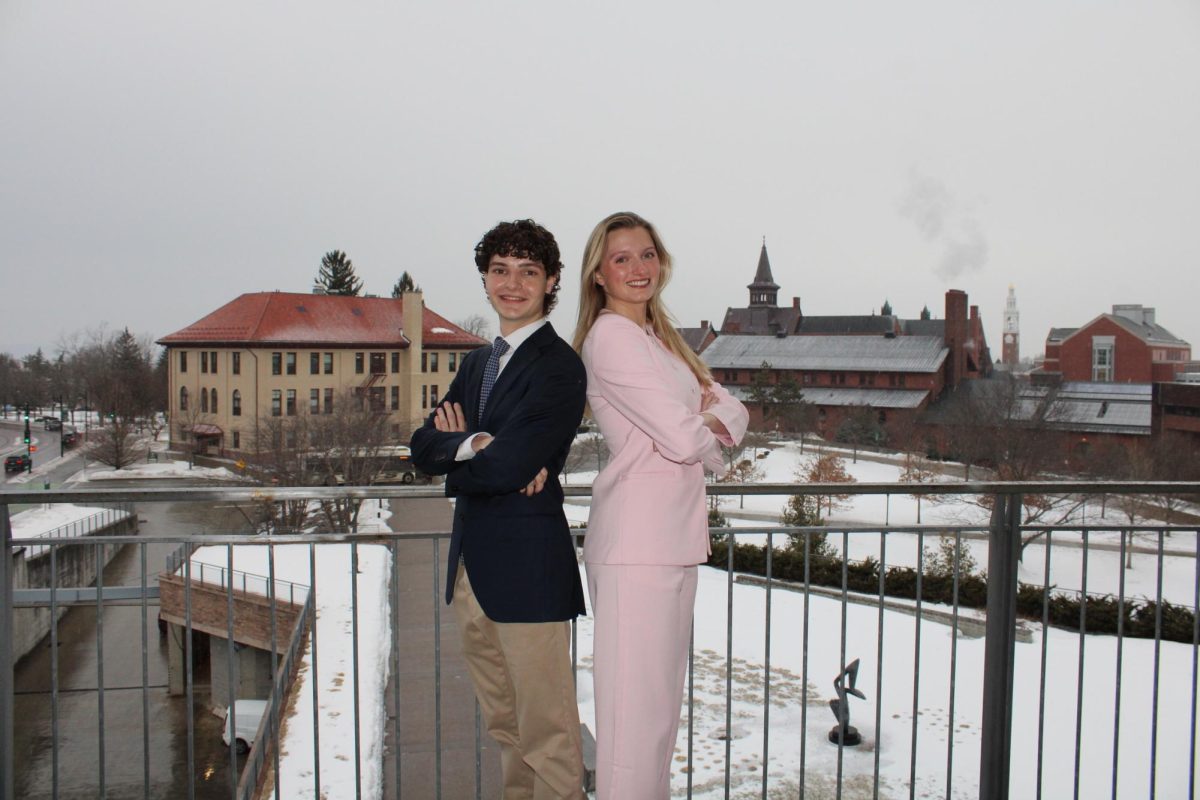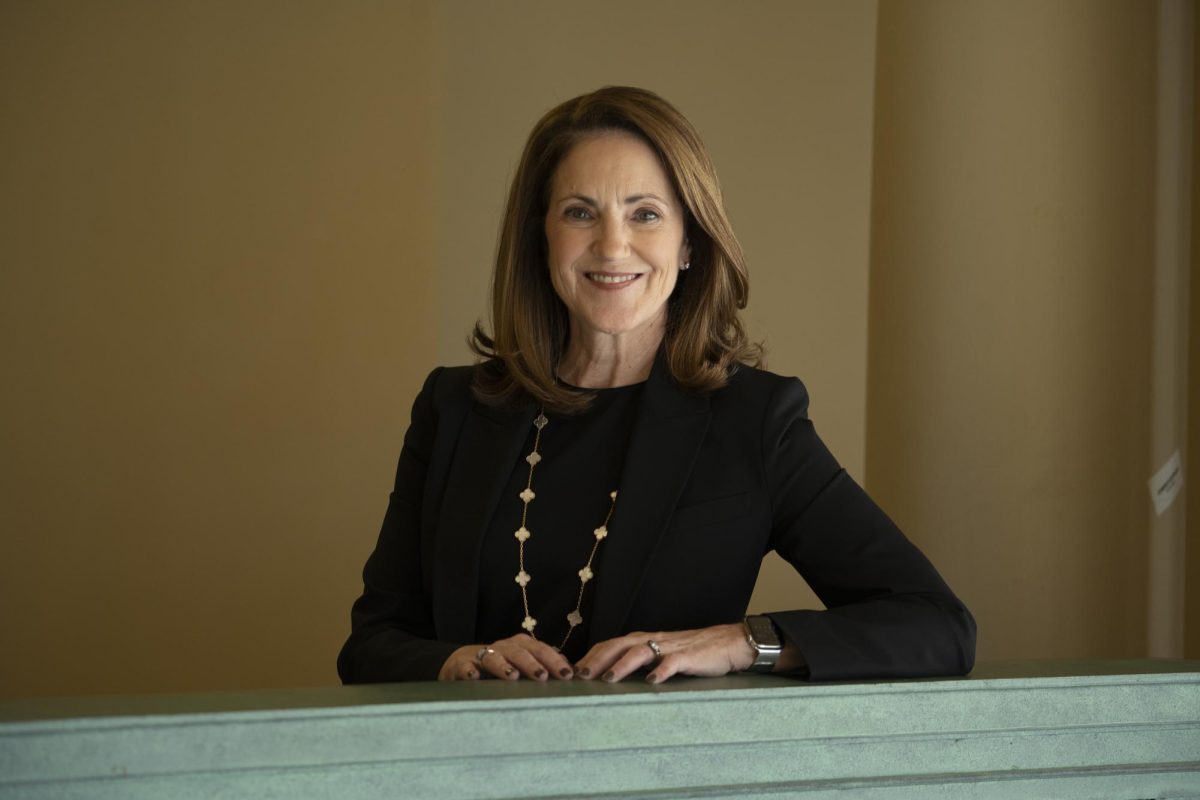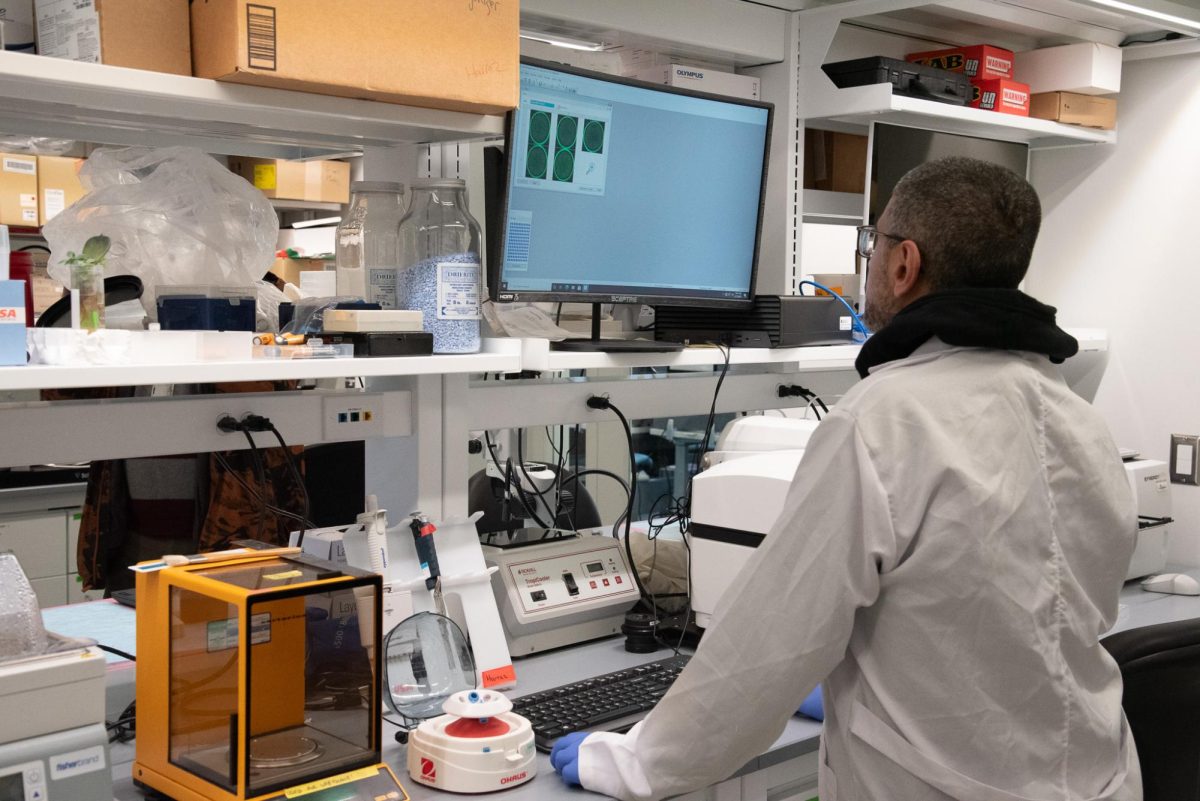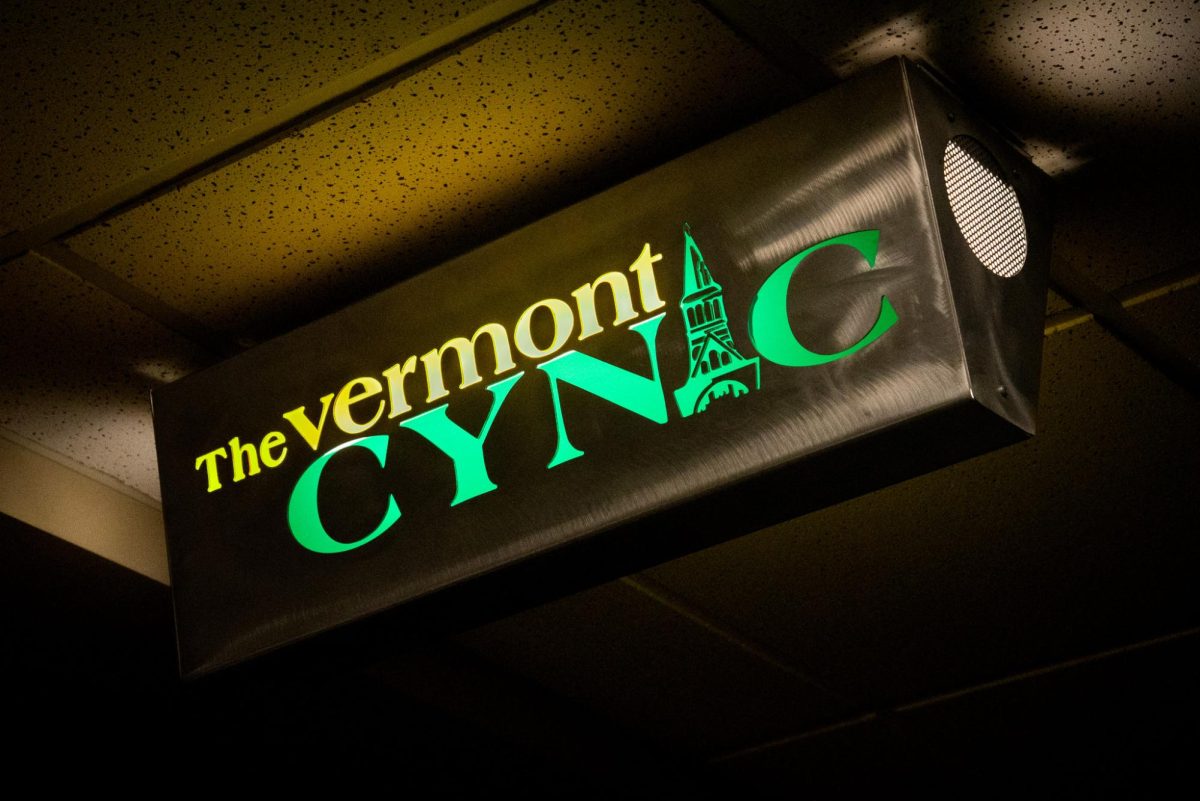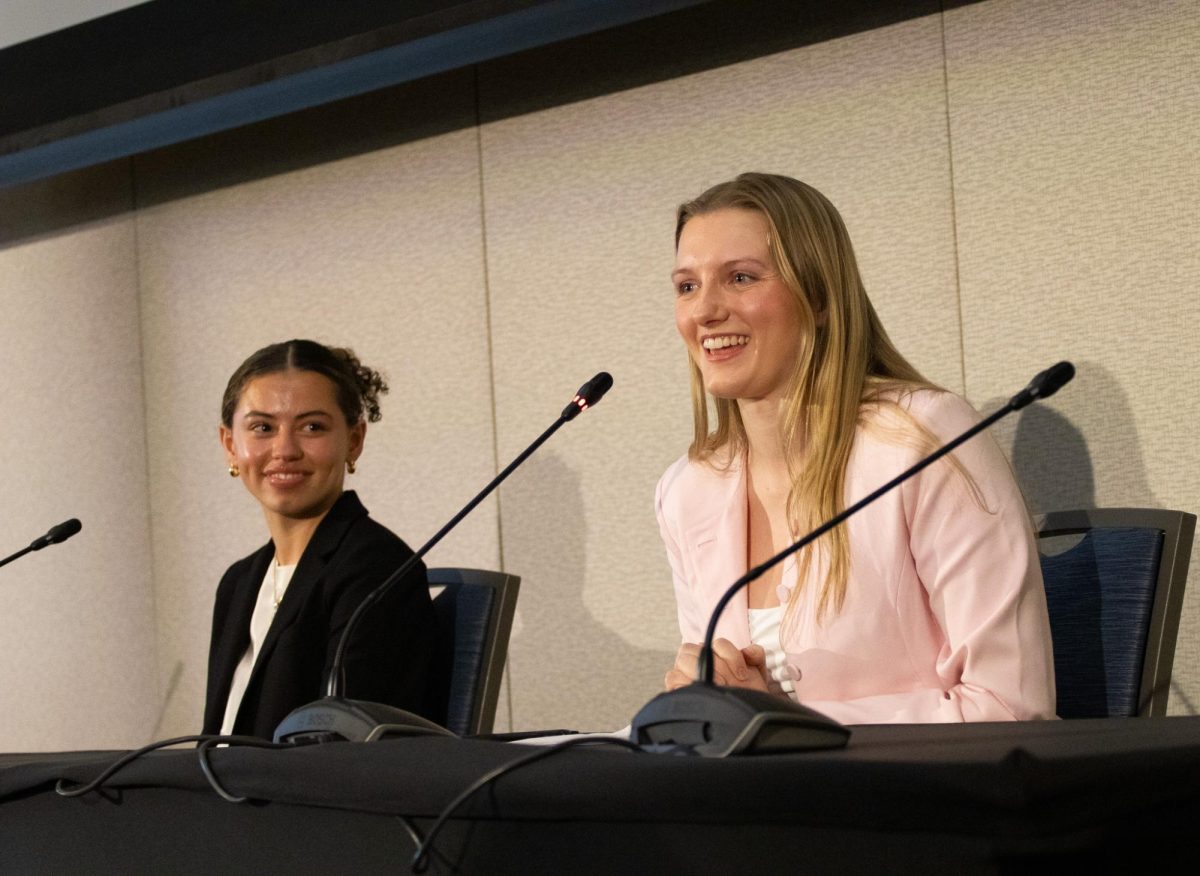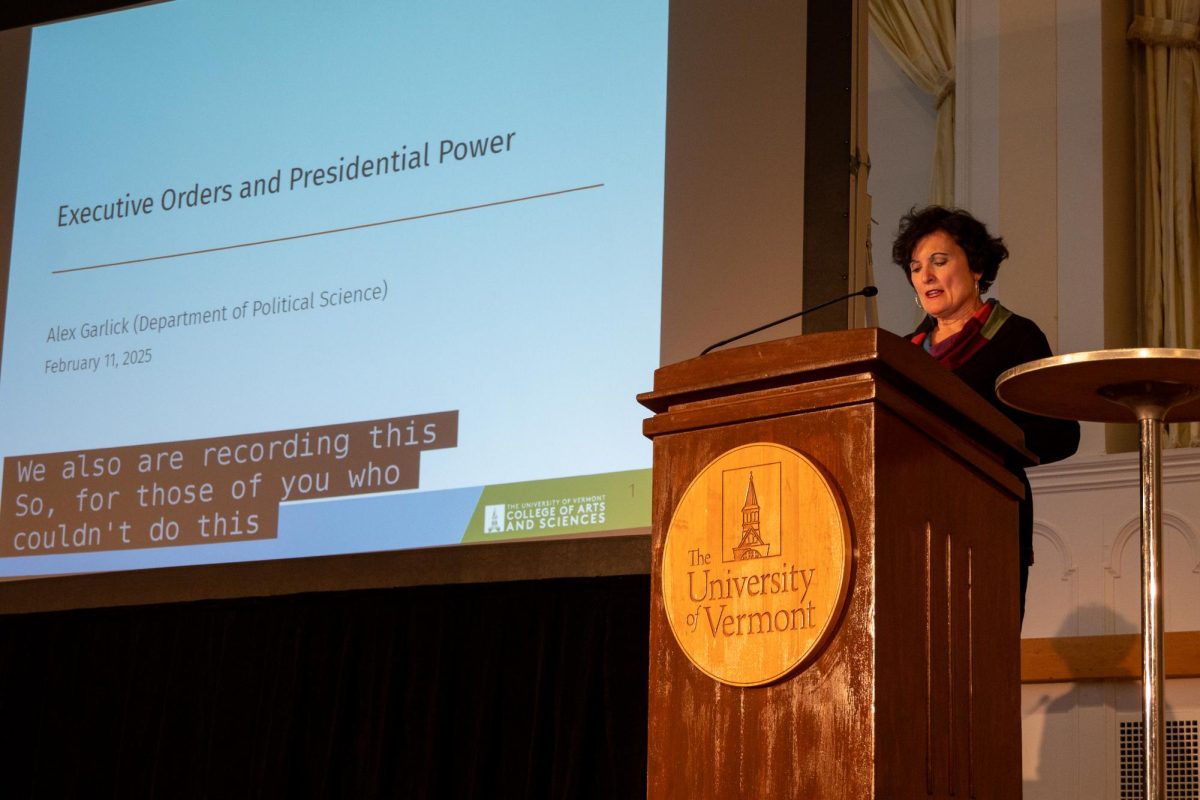UVM has come under criticism for its program targeting bias on campus.
The Foundation for Individual Rights in Education has named UVM its “Speech Code of the Month” for September 2016, raising concerns over UVM’s Bias Response Program.
The Bias Response Program was created in 2014 to allow students to report incidents of bias, according to the Dean of Students website.
“Bias may be reflected in [threatening] behavior,” the website states, “and is based on a person’s real or perceived identity or group affiliation.”
The website goes on to list several identities a person could describe himself as, such as race, gender and disability.
Samantha Harris, FIRE director of Policy Research, criticized UVM’s program in a Sept. 21 article by FIRE.
“In other words, if you say anything that someone at UVM subjectively perceives as unwelcoming or demeaning, you can be reported to the administration,” she said. “Would you feel free to speak your mind under those circumstances?”
Although the program may not ban free speech, it may make students feel less comfortable speaking openly, Harris said.
These concerns were first raised by UVM Associate Professor Aaron Kindsvatter after he heard about the Orlando shooting in June.
“The very next morning I was looking at FIRE’s website and I saw where the bias response team at University of Colorado investigated a professor for playing devil’s advocate around a gender identity issue and the team told him not to talk about gender identity during the course of the class,” Kindsvatter said.
The concern was that the professor would offend students by looking at the different sides of gender identity, he said.
“I was struck dumb by this because this is a time where we really need to be interrogating all the ideas out there about gender identity in the University,” Kindsvatter said.
By looking at different ideas from all different viewpoints, the good, tolerant and progressive ideas will come through in a non-violent manner, he said.
As a result of the vague language, Kindsvatter said he has seen a “chilling effect” on students.
“I think people are afraid to raise issues that do not fall within the perceived parameters of what’s okay to say at the University of Vermont,” he said.
Students have come to him expressing concerns about feeling uncomfortable participating in different discussions, Kindsvatter said.
“I think there’s a lot of students, and I’ve heard this from some alumni, who learn to just smile and nod and that’s not good for anybody,” he said. “There’s a certain amount of very destructive legacy building that comes as a result of this as well.”
Kindsvatter said he believes the program should not be removed and it is doing good work, but it does need to be reworded.
“They just need to be clearer about what they do,” he said.
Annie Stevens, vice provost for Student Affairs, said UVM supports freedom of expression and promotes a safe inclusive environment for the community.
“UVM does not have a policy on trigger warnings, nor has it adopted a ‘speech code’ or bias-free language guide,” Stevens said. “Faculty members, using their own judgment, are free to advise students of sensitive subjects at their own discretion.”
UVM is also committed to responding to instances of prejudice that affect the community, she said.
“To accomplish these twin goals, the University actively seeks an environment that appropriately balances free speech and academic freedom on the one hand and the maintenance of a welcoming, safe, and inclusive environment for all members of the University community on the other hand,” Stevens said.
The Bias Response Team has not been involved in any classroom activity and no investigations into professors and speech issues have been made in years, she said.
“The team’s approach and philosophy is that of educating and promoting further dialogue,” Stevens said. “The intent is not to suppress speech.”


